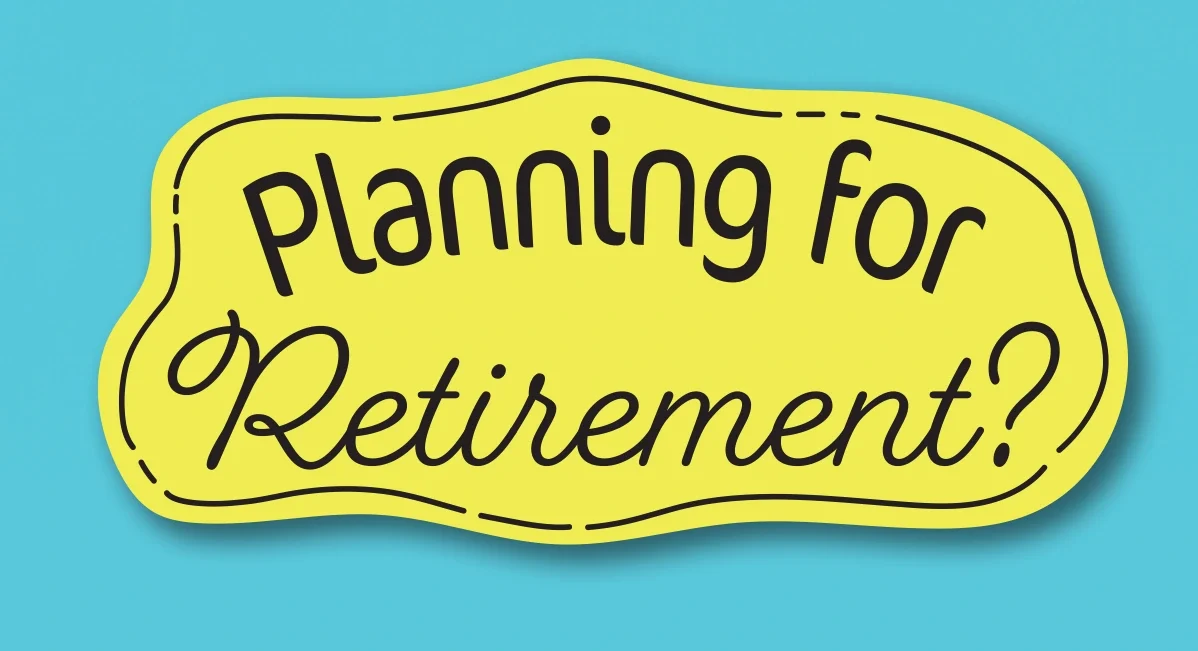
David Ranney, Vice President of Sales at Rebalance, helps navigate the fraught decisions small practice owners have to face with their 401(k)s.
Planning for retirement is very personal. Some people prefer to manage their own investments and plans, whereas others would much rather hand over this incredibly important task to a trusted professional. Regardless of which side you are on, there are a number of common mistakes often made by individuals and small business owners, which have a profound impact. The key aspects to help you avoid these mistakes are keeping costs low, avoiding risk and understanding the importance of working with a fiduciary.
Keeping Costs Low
This also means that if the markets are flat or even decreasing, then your 401(k) balance declines at a much higher rate, regardless of how much you’re adding to your retirement plan. Therefore, fee reduction is an important goal for any small business owner or individual looking to keep more of their money working for them.The largest U.S. firms enjoy total 401(k) fees or costs of under 1%; however, small businesses, like many veterinary practices, have historically found it difficult to compete with this—until recently. Thankfully, fundamental changes to the small business 401(k) market have brought in better, more modern approaches to retirement planning.
It is essential that any business owner review their plan and ask their provider if current fees are in line with the market. For example, if you are paying 3% of your assets under management every year in fees and it is reduced to 1% or lower, this directly translates to higher balances for you and your valued employees. With compound interest taken into account, this seemingly small change can have a dramatic impact on your financial future. And, these lower fees tend to lead to increased staff retention and satisfaction, as they see less of their retirement savings being withdrawn as fees on an annual basis.
Veterinarians with individual retirement plans should consider reassessing their fees as well. If you are paying fees 2.5%+ of assets under management while seeing poor returns, this may leave your savings stagnating rather than growing. There are many options for individuals in the market that sit under 1% of assets under management.

Avoiding Risk
Investing ideology makes an enormous difference in retirement planning. Investing in a broad range of EFTs/index funds and owning a share of the entire market, rather than individual stocks, is a far safer and often more lucrative method of investing.Even Warren Buffett, one of the greatest investing minds in history, encourages investors large and small to focus on low-cost index funds. He famously declared, “By periodically investing in an index fund, the know-nothing investors can actually outperform most investment professionals.”
Working with a Fiduciary
It is also advisable to work with a fiduciary as opposed to a broker because a fiduciary has the legal responsibility to act in your best interest. They work for annual fees rather than commissions and offer advice and guidance with the goal of benefiting you, rather than themselves or their firms. Using broker-dealers to actively manage individual stocks and shares can increase the cost of your retirement planning, as they take a commission on anything bought and sold, and there are conflicts of interest rampant in these arrangements. There is overwhelming evidence that, in the long term, passive investing through index funds/ETFs with a low-fee manager leaves you with more money for your retirement.Being a financial advisor does not make someone a fiduciary, so make sure that you can confirm—preferably in writing—before deciding to work with a firm. This is especially important for veterinary practice owners that have a 401(k) plan for staff. If your plan provider is not a fiduciary, then it is you, the veterinary practice owner, not the 401(k) plan provider, who is liable for any breach of fiduciary responsibilities.
In the case of “legacy” 401(k) plans, it is unlikely that the provider will act as the fiduciary automatically, despite charging higher fees. This is almost certainly the case if your 401(k) provider is a payroll company or a large bank. The result of this could be that the veterinary practice owner is held responsible for restoring plan losses and costs associated with any inappropriate actions committed, even if these issues were caused by a stockbroker. Moving to a fiduciary structure will reduce your risk, ensure that the advisor is working in your best interest and should lower fees dramatically.

Self-Management
If you manage your own retirement planning, consider the benefits of working with professional retirement planners. Letting go and having someone else control your money is hard, but you can save dozens of hours annually if you work with a fiduciary who will also manage IRS reporting and other compliance requirements. There is also evidence that those who take a hands-off approach to retirement planning and “set and forget” (set a percentage of their salary to go straight into their managed 401(k) plan) tend to outperform those who actively manage their own stocks and bonds.Make sure that you have a financial plan and stick to it, cut your fees, and make sure that you are getting a good rate of return. If you commit yourself to planning for retirement today, your future self will surely thank you.



